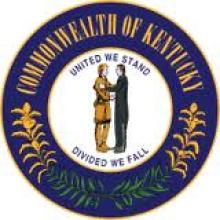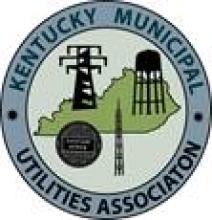The Birth of Community Broadband - Video
ILSR is excited to announce a new short video examining an impressive municipal broadband network, Glasgow Kentucky. Glasgow was the first municipal broadband network and indeed, seems to have been the first citywide broadband system in the United States.
We partnered with the Media Working Group to produce this short documentary and we have the material to do much more, thanks to the hard work of Fred Johnson at MWG and the cooperation of many in Glasgow, particularly Billy Ray.
People who only recently became aware of the idea of community owned networks may not be familiar with Billy Ray, but it was he and Jim Baller throughout the 90's and early 2000's that paved the way for all the investment and excitement we see today.
I'm excited to be helping to tell part of this story and look forward to being able to tell more of it.






